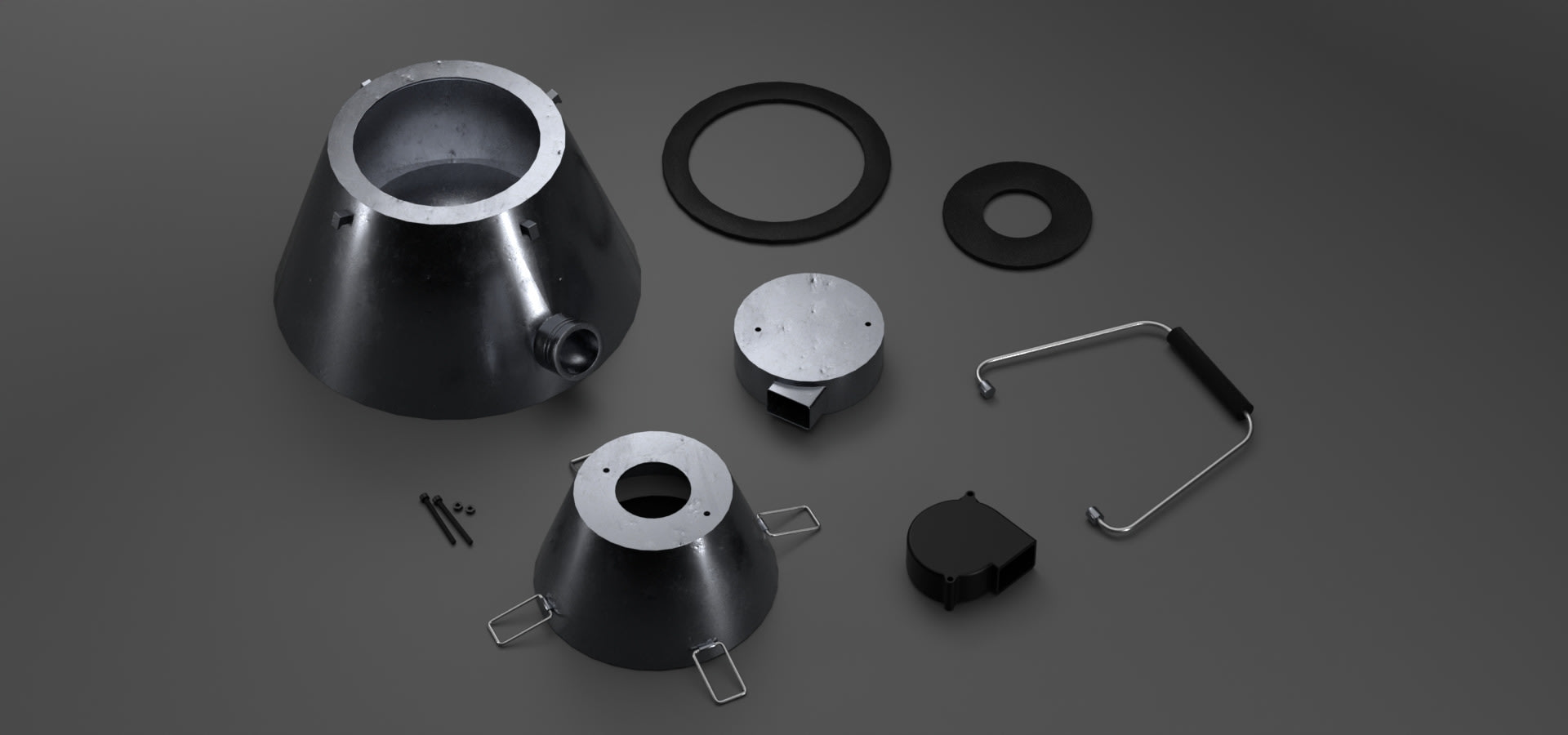A multidisciplinary designer from India, Priyanshu Mukhopadhyay is a creative thinker and innovator, driving social innovation to explore practical design solutions that have a tangible and lasting impact on society. His keen design capabilities, childlike inquisitiveness and commendable ability to identify critical yet hidden details allow him to effectively deliver positive interventions within complex ecosystems.
His tryst with design began early in his childhood from the plethora of digital games he would spend hours playing which nursed in him a passion for crafting meaningful interactions within narratives across a wide range of digital and physical mediums. He strives to achieve a balance of technical functionality and simple intuitive aesthetics, both integral to an effective design solution and is committed to inculcating a vibrant multidisciplinary approach to his various projects.
Post his learning at the RCA/Imperial, he finds himself with a diversified and unrivalled skillset to match his imagination and capacity for innovation, to help him realise potential and passion to build, create and weave a tapestry of design solutions that impact the real world.
Featured project: Channi [ छन्नी ]
Co-designed with street food vendors and with proprietors of commercial food establishments in Delhi, India, Channi is an accessible, quickly deployable and adaptable water based particulate matter filtration system for at-source emission capture. The project, at large, drives sustainable innovation with the twin goals of preserving cultural livelihoods, habits and workflows of concerned inhabitants of urban landscapes and assisting in air pollutant reduction in transitional phases for developing countries.










